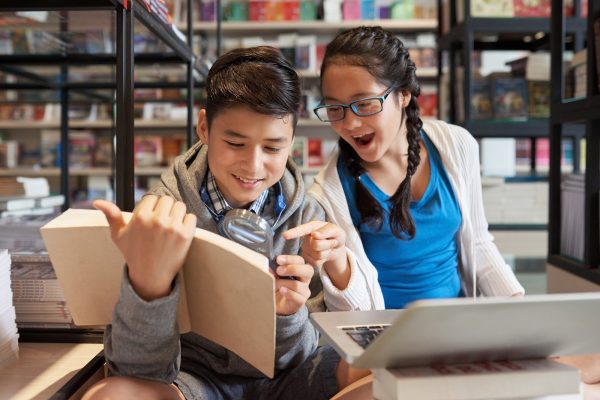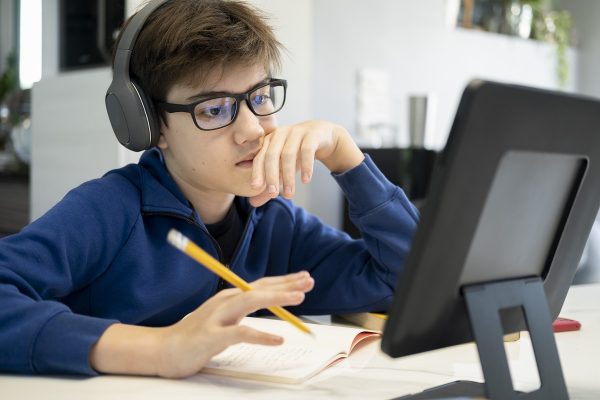Personalized learning customizes learning to each learner’s strengths, requirements, and interests. It boosts learner engagement and performance.

That is where digitalization steps in.
The evolution of advanced digital technologies has increased the implementation of this learning style. They play a fundamental role in both physical and online classroom spaces.
How does technology support personalized learning? Let’s find out!
Digital Content Increases Learning Opportunities
Online users create millions of digital content pieces every day. For professionals across various industries, content creation is the opportunity to stand out. They create personal websites, usually using the .me domain extension to showcase their knowledge and experiences. For online learners, on the other hand, that is the opportunity to access quality learning materials for free.
Additionally, platforms like Udemy or Coursera offer a wide range of ready-to-use courses available to employees across various industries. They are valuable both to university students and employees aiming to upskill. Learners can invest in learning materials that meet their knowledge level and needs.
That way, learners invest in content that aligns with their learning styles. Presentations and infographics are perfect for visual learners, while audiobooks and podcasts are for auditory learners.
Collaborative Learning
Continuous collaboration and communication are essential in the learning process. Students often lose motivation due to the lack of community and effective interaction. With modern cloud-based learning platforms, students can communicate with peers and teachers in real-time, irrespective of their location.

From text messages to video conferencing, many platforms increase the sense of shared learning and keep students engaged. One such example is Edmodo, a platform that resembles social networks. Via this effective learning platform, teachers can share links, assignments, and calendars with students. Moreover, learners can communicate with peers in real-time.
Active Learning
A decade ago, students were passive content receptors. They used to listen to teachers and take down notes without participating actively. With the rise of advanced digital technologies, their demands have changed. Today, they expect to have greater control over their lectures. That is where active learning shines.

That is where modern technologies, such as virtual reality tools or quizzes, can help. With quiz makers, teachers can design customized quizzes for their students and integrate them with Google Classrooms. Engaging content increases information reception and acquisition. Most importantly, it maximizes learner engagement and assessment.
Experiential Learning
Like its mere name says, experiential learning represents learning through experience. Hands-on learning experience comprises various tactics, including problem-solving, trial and error, and kinesthetic learning.
Virtual reality tools increase the adoption of experiential learning in both online and offline learning environments.
Students can create digital worlds and gain a better understanding of complex issues. From history and art classes to medical sciences, the application of VR gadgets and platforms is multiple.
For example, Embodied Labs use virtual reality to help students understand what it is like to live with different disabilities and diseases.
In many organizations, VR has also become an inevitable part of employee training and onboarding. For instance, KFC has a VR simulator that trains employees to prepare different meals.
Adaptive Learning
Adaptive learning is the delivery of custom learning experiences to every student. They address the learner’s unique demands through real-time feedback, resources, and pathways.
Via digital technologies, educators can assess students’ performance, knowledge, and behaviors. Based on these variables, they design differentiated pathways for each student and provide real-time feedback.
One of the most effective adaptive learning tools is learning management systems. LMS encourages the development of a blended learning environment. It simplifies the communication between teachers and learners by documenting, tracking, and delivering data.
For example, with tools like ScootPad, educators can set specific learning standards and, in that way, improve the assessment process. Also, they can create individualized learning plans for each student based on their knowledge, learning style, and performance.
Many mobile apps, such as Duolingo, use ML and AI algorithms to track user performance and provide personalized learning recommendations and materials.
Individualized Remote Learning
Digital technologies eliminate geographical boundaries. Via Learning as a Service tools, learners can access various learning programs that meet their demands, expectations, and interests. Courses that were once performed in-person are today delivered via virtual platforms.
Even some renowned schools have understood the value of online education. Yale, University of Virginia, Harvard, and MIT are just some of the numerous universities that adopted Massive Open Online Courses (MOOCs). That way, students are not limited to local schools anymore. They can choose universities and subjects based on their specific preferences.
Over to You
In today’s digital landscape, personalized learning is not optional. It is a necessity for every educational institution aiming to increase learner engagement. Virtual reality tools, AI-powered learning management systems, and cloud-based apps encourage highly personalized learning. They boost the adoption of experiential and data-driven learning in online and offline classrooms.
The rise of digital content, such as website articles, presentations, webinars, or guides, also benefits learners. They can now find highly educational content in line with their specific learning styles and demands.
What are your thoughts on using technology for personalized learning? We are looking forward to hearing from you!


1 Comment. Leave new
Thanks for sharing your info. I really appreciate your efforts and I will be waiting for
your further write ups thanks once again.
my web site :: al pacino